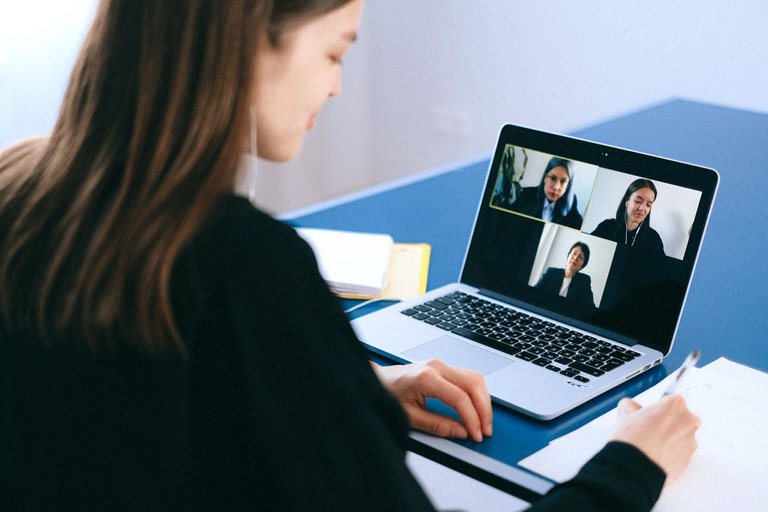Your privacy whilst working remotely in lockdown

In the days of remote working, video conferencing has become much more prevalent. Organisations and teams have realised that communication is much harder when we cannot see the people we are talking to. We miss out on so many visual cues that help us recognise emotions and decipher the intent of the spoken words.
So more and more teams are using "video on" policies. But what are we giving away with this invasion of privacy?
First, there are those embarrassing times when people forget that they are on camera. There was one example where someone was rolling a joint in the meeting and there are several cases where people have had some embarrassing toilet moments. The funniest I have seen was this one where a lady took her mobile to the bathroom and broadcasted herself pulling down her knickers and sitting on the toilet before realising what she had done. The look on her colleagues faces as they realised what she had done. What would you say at work the next day?
There are also several embarrassing moments where family or housemates have walked past in the background. In one case, the naked boyfriend.
However, are there less amusing breaches of our privacy that remote working has introduced?
A lot of companies have started surveillance during lockdown with activities such as recording keystrokes or taking snapshots of what is on your desktop. So, you thought you might send a quick personal email and do a bit of shopping. Do not assume your organisation are not snooping on you. There are some companies such as InterGuard who have made specialised software just to snoop on what employees are doing in the name of data protection and security.
Furthermore, one researcher has been able to decipher what we are typing by examining shoulder movements broadcasted over the video call. They detected words with a 75% accuracy in particular controlled conditions and it is noted in the article that the accuracy drops under other conditions. For example, blurring your background or having long hair that hides your shoulder movements.
However, this really got me thinking if organisations can do all of this now then what might be done in the future with a powerful bit of AI, learning how to interpret everything we are doing. Will we be continuously monitored by the companies we work for by an AI bot that judges our every action and alerts the IT and HR as soon as we do anything against their policies? This hardly seems to breed a comfortable environment to work in but it seems some companies are already going in this direction.
Where do you think the future in employee surveillance may end up?